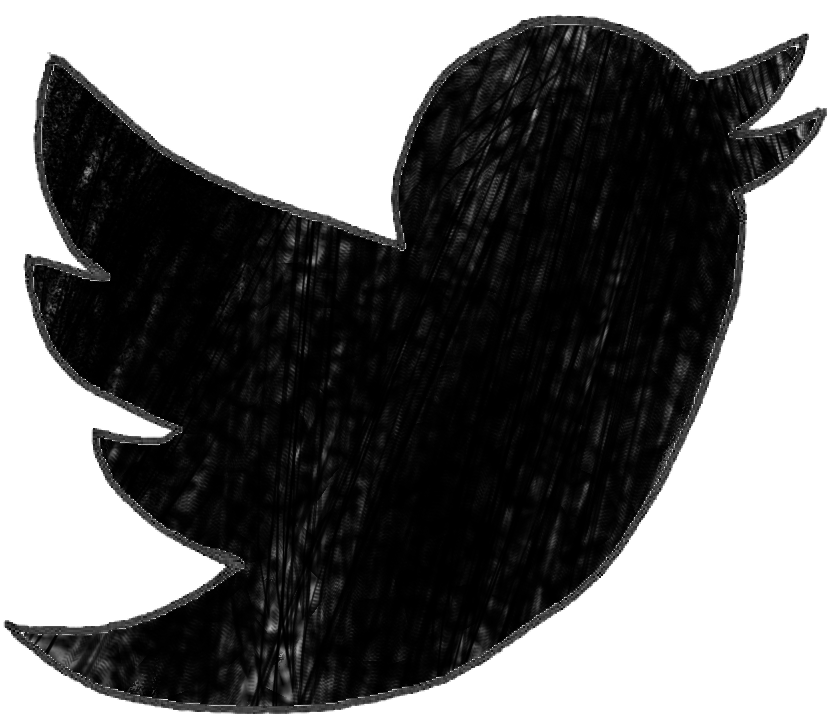Early Darkness
title and some lines taken from Louise Gluck's "Early Darkness"
It’s almost spring and we move through the static, chilly air like ghosts trying to claim a place of rest. He leads me up the hill on a dirt path stomped through sagebrush, past land no longer tilled or harvested. I follow until we find it.
He kicks the door open and we enter into darkness; our steps crush rat excrement into the carpet as we explore the abandoned home and try to see what used to be. A toy-less playroom with cartoonish animals dancing on the walls, a kitchen, once the heart of the home now stripped of its utility, left like a burden. It smells wild. The deepest rooms are overtaken by a thick blackness, the kind of dark that makes you forget you have a body as if you were sitting at the bottom of the ocean or standing before a god.
We hold hands so as to not get lost. His touch is still new—a threat to my independence, the detachment I struggle to achieve—but a welcome anxiety of what could be.
“Me and some friends used to hike up here to drink but it wasn’t always boarded up like this. There used to be light,” he says.
Adolescent rage sprayed from cans is spelled out in four letter words—fuck, shit, love—all across the canvas of what may have been a dining room. We touch the walls for guidance and read the house like braille and I ask him how long it’s been vacant and he says at least 40 years. We shut the door tight and prop the board back over it. We don’t want the darkness to get out.
When we make our exit through the front yard still adorned with tinkering wind chimes and unattended flowerbeds, I wonder who used to fill these empty spaces. Why did they leave it all behind to the torments of rodents and teenagers? Maybe they knew what it would become if they left it alone: an Early Darkness, a vacuum untouched by the seed of acknowledgment, a true primal world where nothing exists at all because everything exists at once—the filthy and domestic, the arcane past and the tangible present, the promising and the damned—until movement happens. This house was a barren womb until we handled it with our eyes and fingers, till we smelled its rotting carpets, and heard its aching floor. Maybe this is how the universe is created, in little bits, not a big bang, but lots of little bangs, little declarative acts. Like touching new skin, or being loud drunks in the hills, or reading words written by strangers to breathe them into a new existence—fuck, shit, love. Bang, bang, bang.



